Advanced electromyography testing that pinpoints nerve and muscle problems so you can move forward with the right treatment.
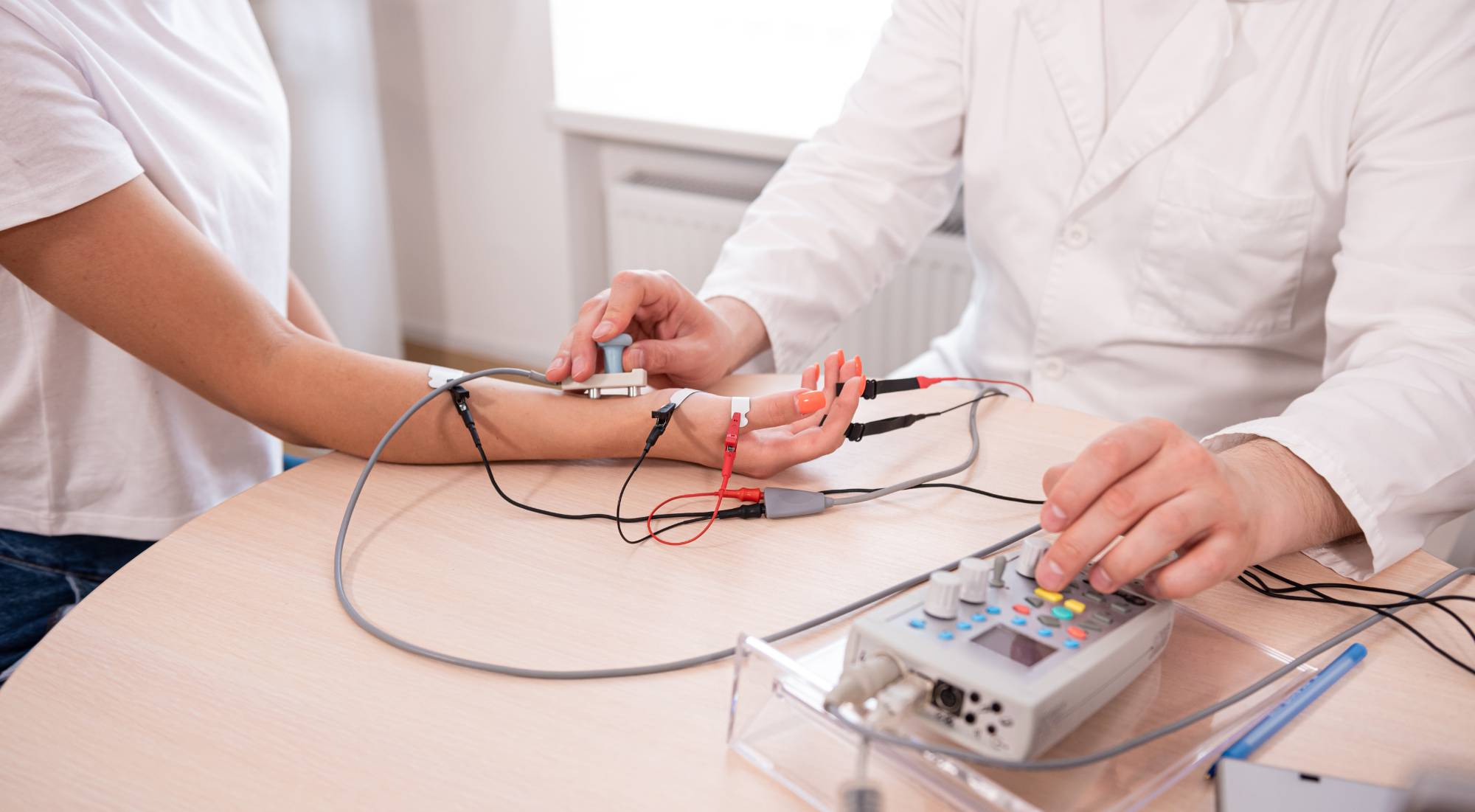
Reviews
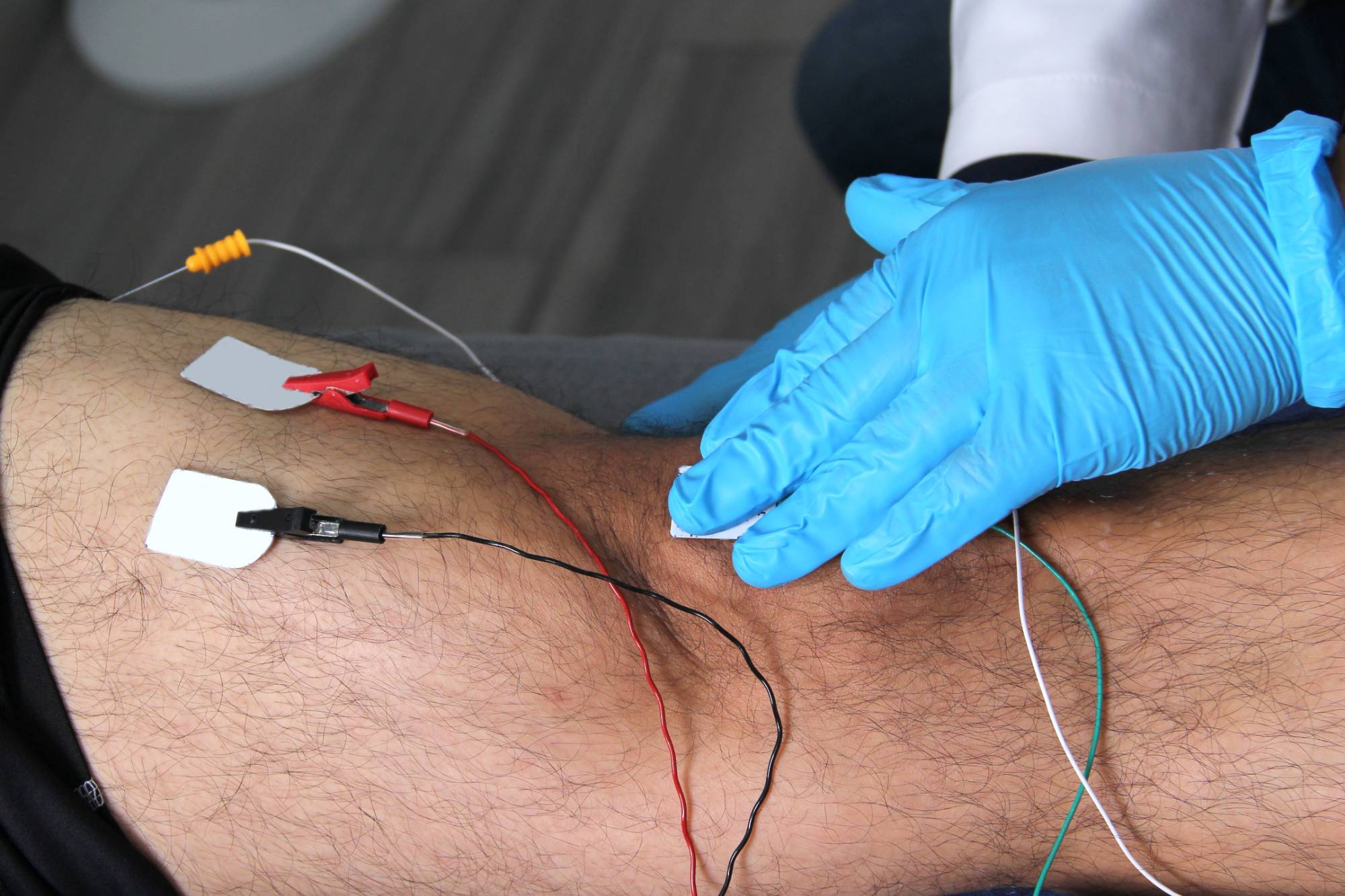
You’ve been dealing with numbness, tingling, or muscle weakness long enough. EMG testing gives you the definitive answers you need by measuring how well your nerves and muscles actually work together.
This isn’t guesswork. Electromyography testing shows exactly where nerve signals are getting blocked or muscles aren’t responding properly. You’ll know if that tingling in your hands is carpal tunnel, if your back pain involves nerve damage, or if your muscle weakness has a treatable cause.
The test results guide your treatment plan. Instead of trying different approaches and hoping something works, you’ll have a clear roadmap based on what’s actually happening in your body.
We’ve been helping patients in CBD, FL get accurate diagnoses through advanced EMG and nerve conduction testing. Our medical team specializes in spine-related conditions and understands how nerve problems affect your daily life.
You’re not just getting a test – you’re getting expert interpretation of what those results mean for your specific situation. Our physicians have seen thousands of EMG results and know how to connect the dots between your symptoms and the underlying problem.
Every test is performed with the latest equipment to ensure accuracy while keeping you as comfortable as possible throughout the process.
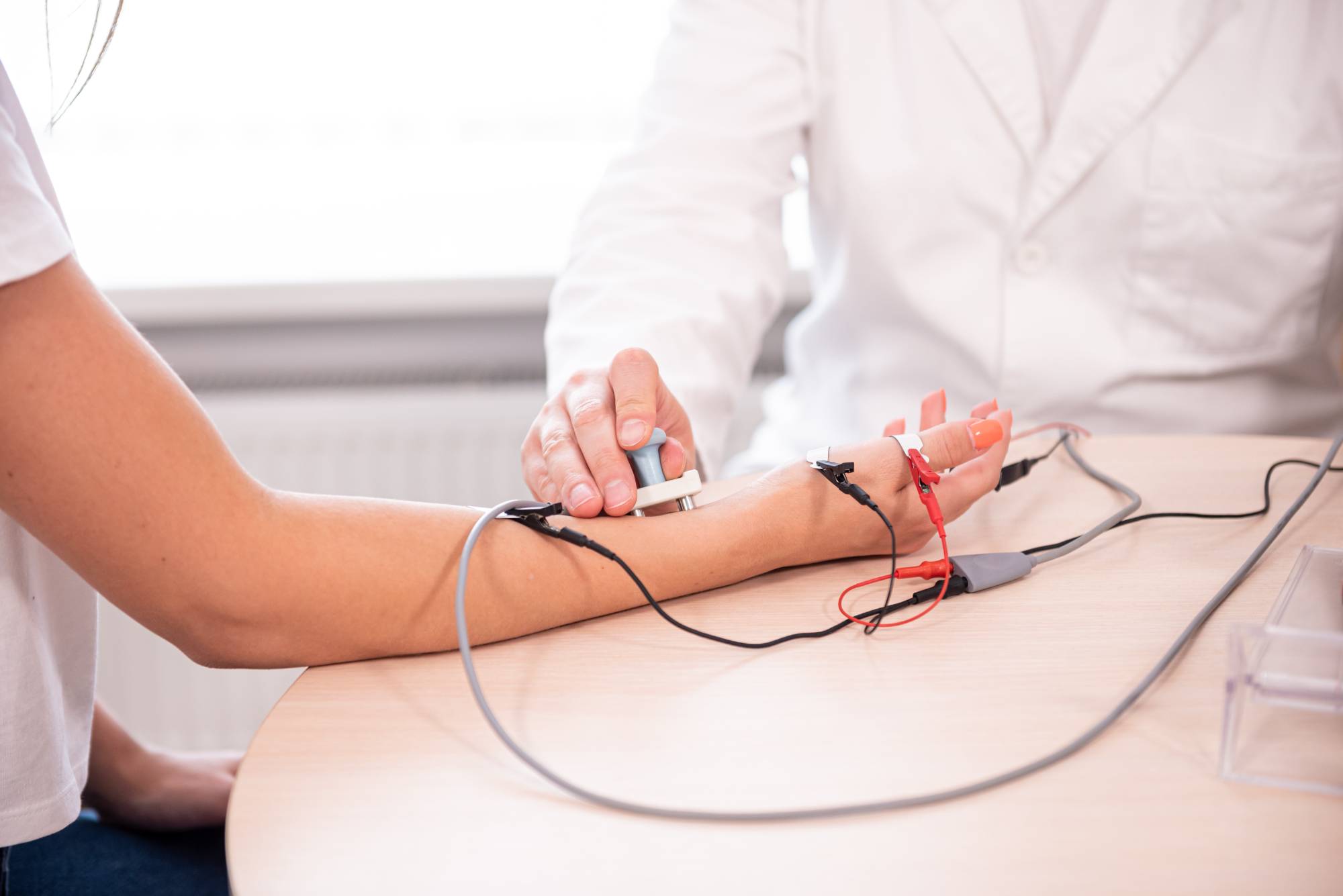
Your EMG testing appointment typically includes both electromyography and nerve conduction studies for a complete picture. The nerve conduction study comes first – small electrodes are placed on your skin to measure how fast electrical signals travel through your nerves.
Next is the EMG portion, where a thin needle electrode is inserted into specific muscles to record their electrical activity. You’ll be asked to relax certain muscles, then contract them gently so the equipment can measure the signals.
The entire process usually takes 30-60 minutes depending on which nerves and muscles need testing. You’ll get your results the same day, along with a clear explanation of what they mean and what your next steps should be.
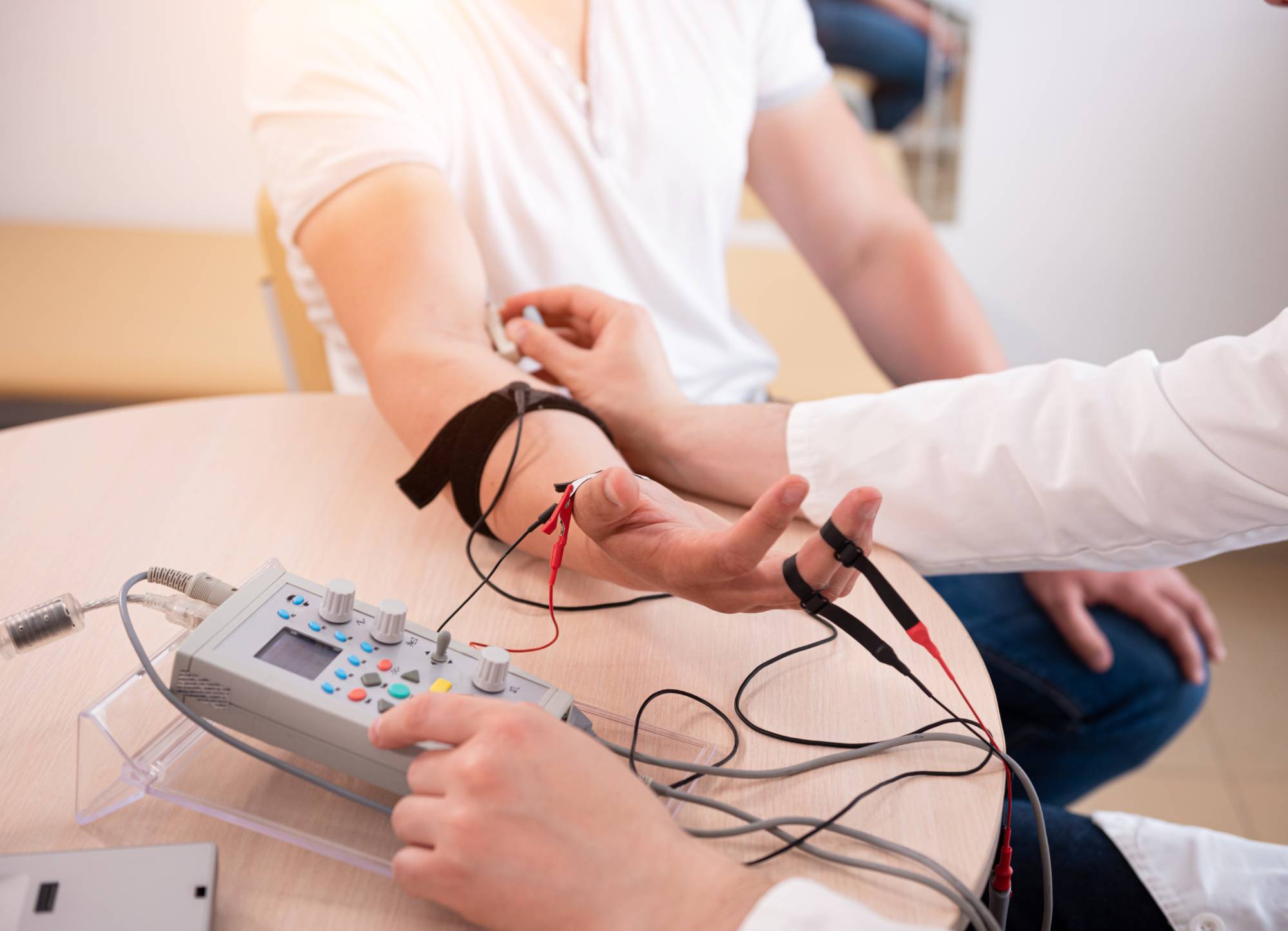
Ready to get started?
Your EMG testing includes both electromyography and nerve conduction studies to evaluate different aspects of your nerve and muscle function. This comprehensive approach catches problems that single tests might miss.
The testing covers the specific areas related to your symptoms – whether that’s your arms and hands for suspected carpal tunnel, your legs for sciatica concerns, or your back muscles for spine-related issues. Each test is customized based on your medical history and current complaints.
You’ll receive detailed results interpretation, not just raw data. Our medical team explains what normal versus abnormal readings mean for your condition and discusses treatment options based on your specific EMG findings.
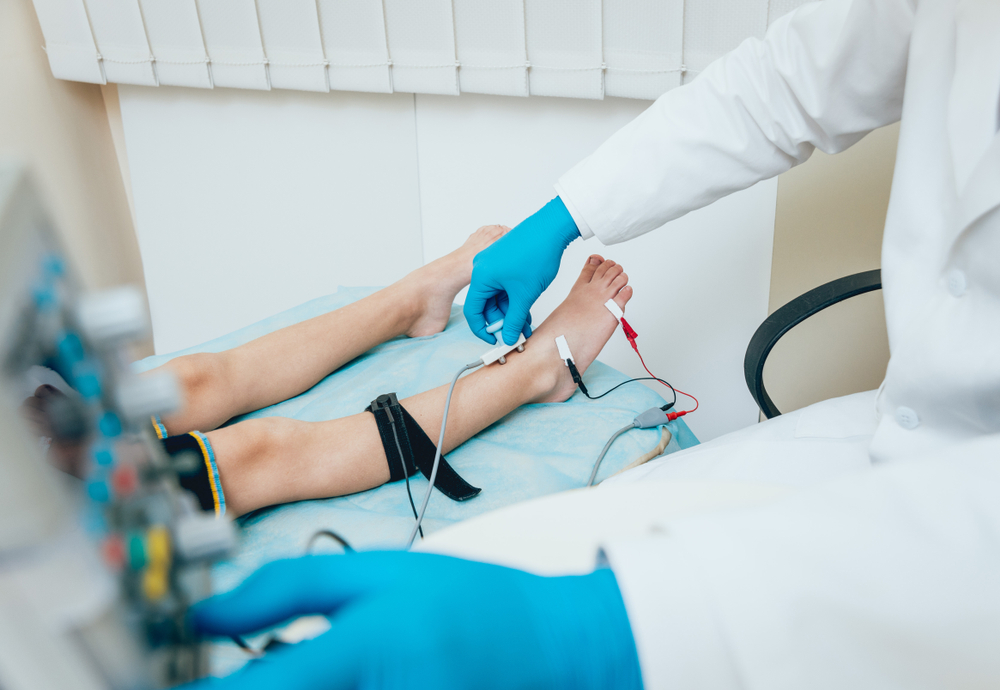
New York:
Florida:
Support